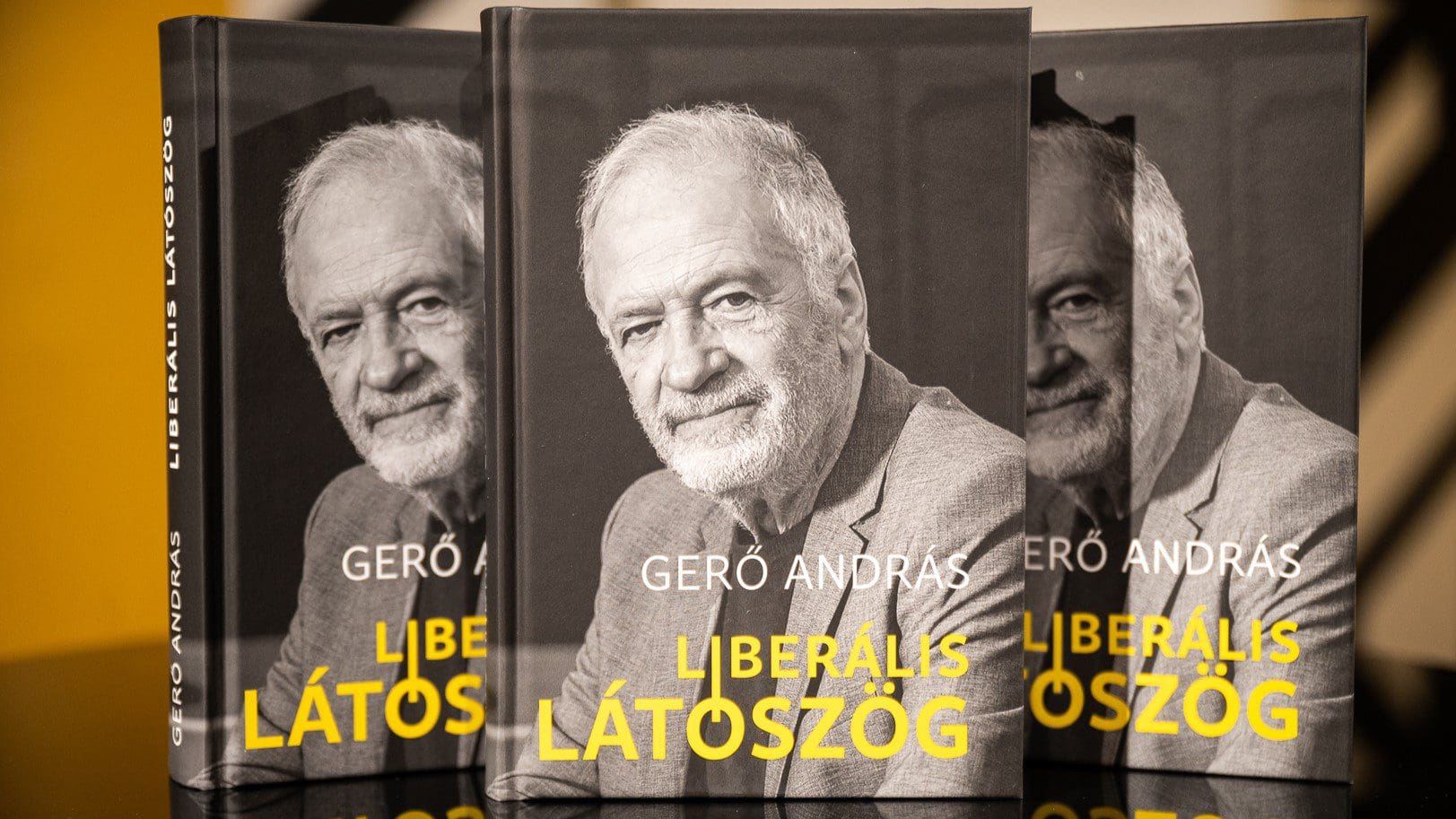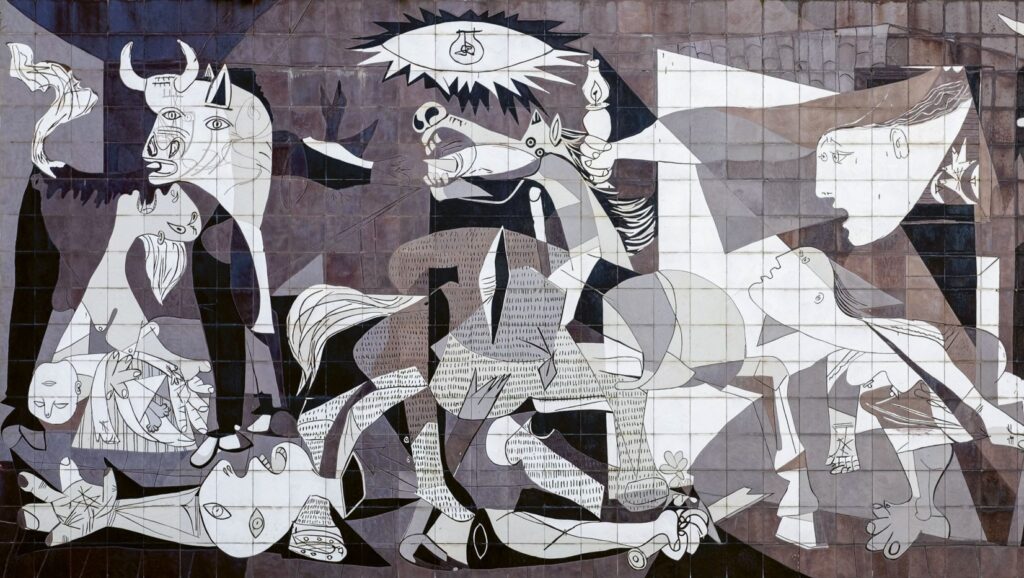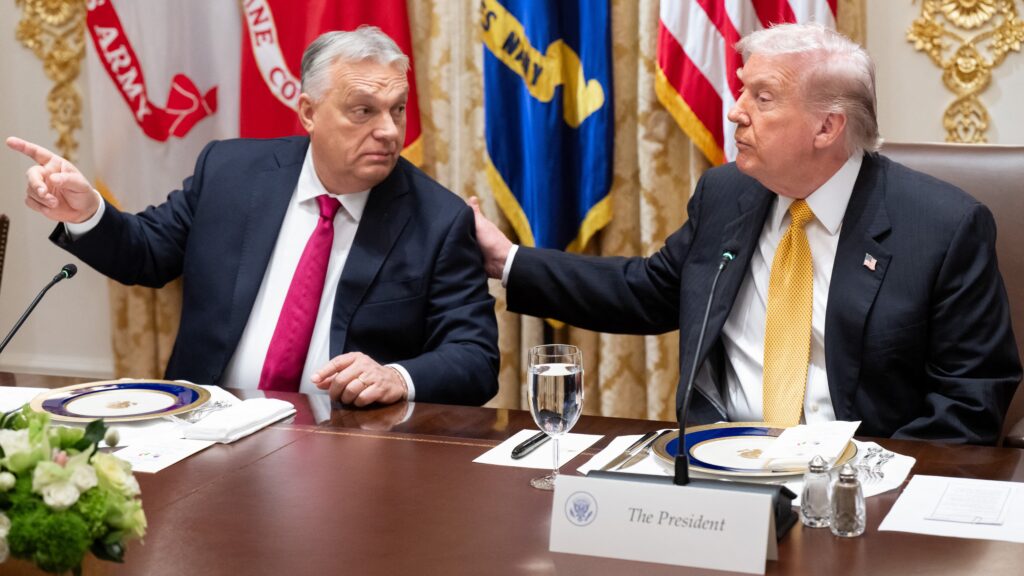András Gerő, one of the most significant historians and public intellectuals of post-regime-change Hungary, passed away in January this year. A professor of history and sociology, he taught at ELTE University and at the Central European University but was also a guest professor at the University of Pennsylvania and Columbia University, and in the Netherlands at the universities of Amsterdam and Utrecht. His research interests focused primarily on the history of the 19th century, and in particular the history of the mentality of the Austro-Hungarian Monarchy, the political thinking of the dualist era in Hungary, the history of Hungarian Jewry, the past of Budapest, urbanisation, and the issues of Hungarian national memory.
Most notably, in 2003, he founded the Institute of Habsburg History,
of which he was the director until his death. From 2006, he was a Doctor of the Hungarian Academy of Sciences. In 2008 he received the Széchenyi Award, the highest Hungarian state award for scientific achievement. In addition to his impressive academic activities, he was also the founding editor-in-chief of the urbanism journal Budapesti Negyed (Budapest Quarter), published between 1993 and 2010.
With his last book[i], András Gerő completed a work synthesising his earlier writings, but also formulating new ideas in its conclusions. Gerő’s fundamental thesis is that by the beginning of the 21st century, many versions of liberalism emerged. In the field of economic policy, we can speak of ‘neoliberalism’; in social policy, of ‘social liberalism’; but our political vocabulary also includes the terms ‘democratic liberalism’ and some people talk of ‘progressive liberalism’. In addition, ‘libertarians’, whom Gerő identifies as a variety of liberals, have appeared in the United States, and sporadically in Hungary as well.
The author identifies ‘classical liberalism’ as the root of all the above varieties, a label he uses to separate it from later versions and from the burden of connotations they have imposed on the term. As the historian points out, some modern versions of ‘liberalism’ have not only modified the basic principles but have ‘in some cases gone against the original intention’.
Gerő sees classical liberalism as the idea of a constitutionally limited state and individual liberties, based on natural law.
According to Gerő, classical liberalism professes the principles of government being accountable to parliament, the separation of powers, and popular rule by suffrage. In that sense, Gerő sees the reform era of Hungary (1825–1848) as the beginning of the equality of civil rights, although ‘for any society this is a most difficult road’. In describing liberal ideas taking root in Hungary, he points out that the great reformist nobleman István Széchenyi, for example, cannot be regarded as a liberal in the classical sense, although a good number of the 12 points of his book Stádium set out fundamental liberal demands. At the same time, he interprets Ferenc Deák’s ‘rights-based liberalism’ as a specific form of the ideology.
In contrast to later critics, the author notes that Hungarian liberalism is not an alien element to the country, not a ‘disembodied component of the history of ideas’, but something ‘that has fulfilled a historical task’. ‘The idea and political practice of Hungarian freedom have resulted in a Hungarian nation, Hungarian civilisation and Hungarian culture,’ he declares. Although he is fundamentally complimentary of the role classical liberalism played two hundred years ago, he also critical of some aspects. ‘Liberalism also created two Golems capable of destroying their creator. One Golem was the nation, the other Golem was the social problem of liberalism, i.e. the competitive free market economy.’ Gerő does not deny that ‘liberalism is not inherently a socially sensitive ideology. One of the main criticisms of liberalism was and remains that liberalism is not sensitive enough to social problems. As its critics have pointed out: a millionaire and a beggar have equal liberty to sleep under the bridge.’ The author links this to the modern sense of nationhood, which had become ‘racialised’ by the 20th century. ‘The concept of the racial nation also emerged partly as a possible response to social problems—its representatives did not call themselves national socialists by accident.’
However, Gerő says liberalism is not doomed to defeat.
As an example of self-correcting liberalism, he cites the example of America in the 1930s, where the New Deal ‘was able to work in such a way that even an anti-trust, anti-monopoly, trade unionist practice could be reconciled with freedom-centred politics and made it stronger, not weaker.’ As opposed to that, where liberal values failed to take deep roots, that idea was lost: salient examples are Russian liberalism or the Weimar Republic. ‘Whichever way you look at it, Nazism and Bolshevism strongly challenged the liberal success story of the 19th century. Liberalism lost the 20th century on important issues in important regions —in the Western half of Europe until the middle of the century, in Central and Eastern Europe until the late 1980s’. For today’s advocates of liberalism, the book is not only an interesting historical journey and commentary, but also a serious warning: liberal systems incapable of self-correction are by their very nature encouragers of extremes both on the right and
[i] András Gerő, Liberális látószög (The Liberal Perspective), Budapest, Habsburg Történeti Intézet — Közép- és Kelet-Európai Történelem és Társadalom Kutatásáért Alapítvány, 2022.







